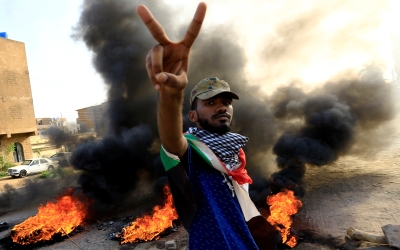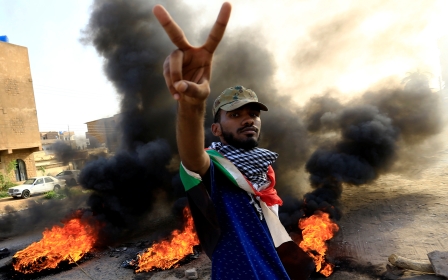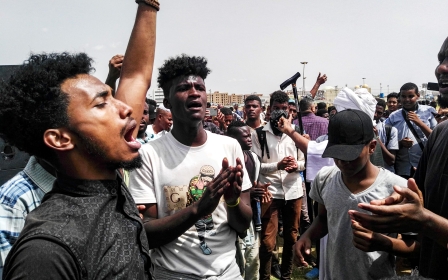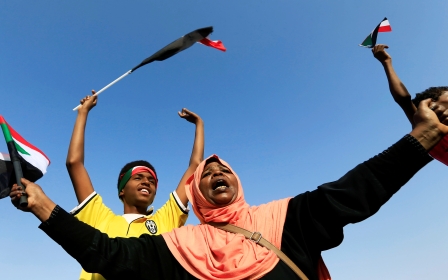Sudan talks to resume on Tuesday over remaining transition issues
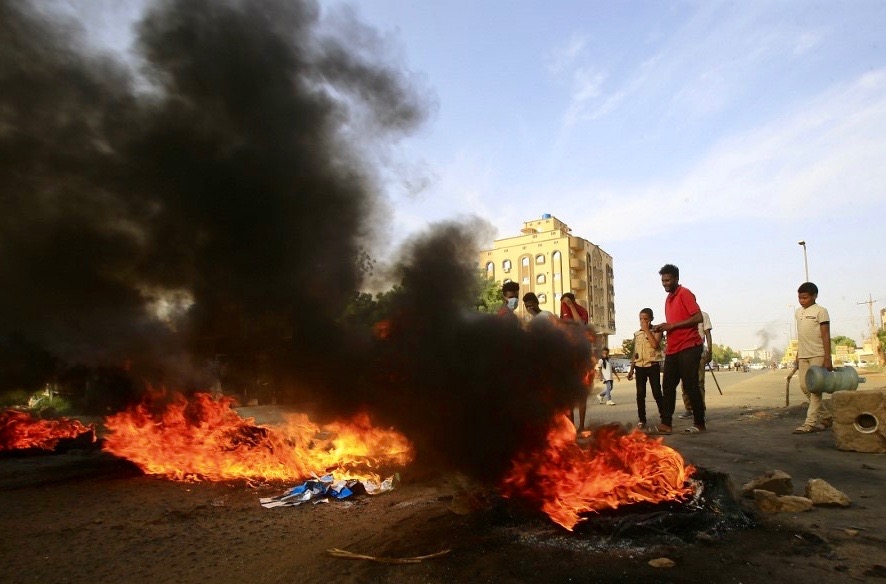
Talks are to resume on Tuesday between Sudanese protesters and ruling generals on remaining issues related to installing a transitional civilian administration, a mediator and a protest leader said.
African Union mediator Mohamed El Hacen Lebatt said in a statement on Sunday that the two sides had been invited for "final talks on the Constitutional Declaration", AFP reported.
Prominent protest leader Babiker Faisal also confirmed Tuesday's talks in Khartoum between the two sides, which on 17 July signed an initial power-sharing deal following the April overthrow of longtime President Omar al-Bashir.
The second agreement will deal with issues including the powers given to a joint civilian-military ruling body, the deployment of security forces and whether to grant "absolute immunity" to generals over protest-related violence, Faisal said.
"I expect that we will reach an agreement on the Constitutional Declaration on Tuesday because the pending differences are not big," Faisal told AFP.
Lebatt said a technical committee representing the two sides would meet on Monday for preliminary talks.
The 17 July "Political Declaration" provides for the establishment of a new joint civilian-military transitional ruling body that would instal an overall civilian administration
That governing body will include six civilians and five generals.
It will then oversee the formation of a transitional civilian government and parliament to govern for 39 months, after which elections will be held.
Still, analysts have told Middle East Eye the agreement is fragile and that the opposition signed up to it amid strong pressure from regional and international mediators. Sudanese political analyst Salih Amar told MEE earlier this month that the accord may face setbacks if not developed further.
On Saturday, protesters were in the streets again over an official investigation into a 3 June crackdown in Khartoum, after it cleared the country's rulers of responsibility for an assault on a sit-in that killed scores.
South Sudan ceasefire extended
Meanwhile, Reuters reported that Sudanese and South Sudanese officials agreed late Saturday with the leader of an alliance of armed factions operating along their joint border to extend a ceasefire and grant humanitarian access to some areas affected by conflict in Sudan.
The two countries share a long and porous border and have a history of supporting armed groups on each others' territories since oil-rich South Sudan became independent in 2011.
Middle East Eye delivers independent and unrivalled coverage and analysis of the Middle East, North Africa and beyond. To learn more about republishing this content and the associated fees, please fill out this form. More about MEE can be found here.


